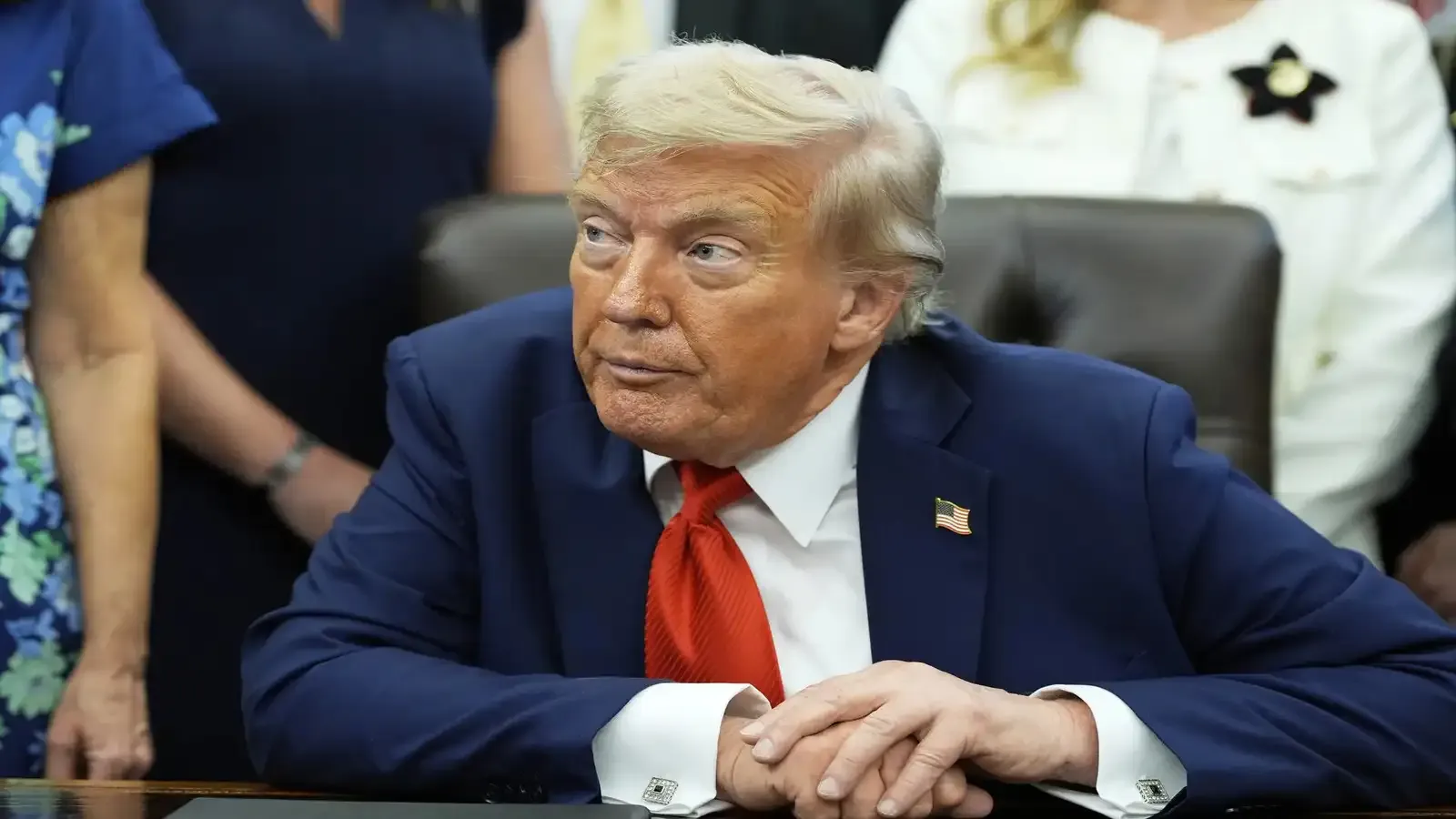Your Read is on the Way
Every Story Matters
Every Story Matters
The Hydropower Boom in Africa: A Green Energy Revolution Africa is tapping into its immense hydropower potential, ushering in an era of renewable energy. With monumental projects like Ethiopia’s Grand Ethiopian Renaissance Dam (GERD) and the Inga Dams in the Democratic Republic of Congo, the continent is gearing up to address its energy demands sustainably while driving economic growth.
Northern Kenya is a region rich in resources, cultural diversity, and strategic trade potential, yet it remains underutilized in the national development agenda.

Can AI Help cure HIV AIDS in 2025

Why Ruiru is Almost Dominating Thika in 2025

Mathare Exposed! Discover Mathare-Nairobi through an immersive ground and aerial Tour- HD

Bullet Bras Evolution || Where did Bullet Bras go to?
The Trump administration is weighing the possibility of imposing sanctions on European Union (EU) or member state officials involved in enforcing the bloc’s Digital Services Act (DSA). The move stems from Washington’s growing concerns that the legislation censors American voices and imposes financial burdens on U.S. technology companies.
Sources indicate that the punitive measures would likely take the form of visa restrictions, targeting specific EU officials linked to the enforcement of the DSA. While no final decision has been made, internal discussions within the U.S. State Department have intensified in recent weeks. Such an action would mark an unprecedented escalation in the dispute between the U.S. and the EU over digital regulation.
The U.S. government argues that the DSA unfairly restricts freedom of expression, particularly conservative voices, under the guise of moderating online content. Washington has criticized the law as imposing “undue” compliance costs on American tech firms while curbing open dialogue on digital platforms. President Trump has warned that countries maintaining digital taxes or restrictive digital laws may face additional tariffs and export restrictions on American technology.
European authorities maintain that the DSA is designed to create a safer online environment by requiring digital platforms to remove illegal content such as hate speech and child sexual abuse material. EU officials have rejected claims that the legislation is a tool for censorship, insisting instead that it upholds freedom of expression and ensures accountability for large online intermediaries.

The potential sanctions underscore growing strains in U.S.-EU relations. The Trump administration has repeatedly clashed with European leaders over trade tariffs, taxation of U.S. tech giants, and the regulation of online platforms. Washington’s latest stance reflects a broader pattern of criticizing European regulatory efforts as attempts to stifle right-wing voices and restrict open debate.
This consideration comes amid a broader shift in U.S. foreign policy under Trump, with a stronger focus on protecting U.S. economic and political interests rather than promoting traditional democratic values abroad. The administration has increasingly aligned itself with conservative movements worldwide, challenging international regulatory frameworks that it views as politically motivated or economically harmful to American firms.
If enacted, sanctions against EU officials over the Digital Services Act would mark an unprecedented step in transatlantic relations. The outcome of ongoing deliberations within the U.S. government could have far-reaching implications, not only for the future of U.S.-EU digital cooperation but also for the global balance between free expression, online safety, and technology regulation.
4 comments
edc001
4mo ago
This just has to be Trump in action.
edc007
5mo ago
Whatever this means for the United States